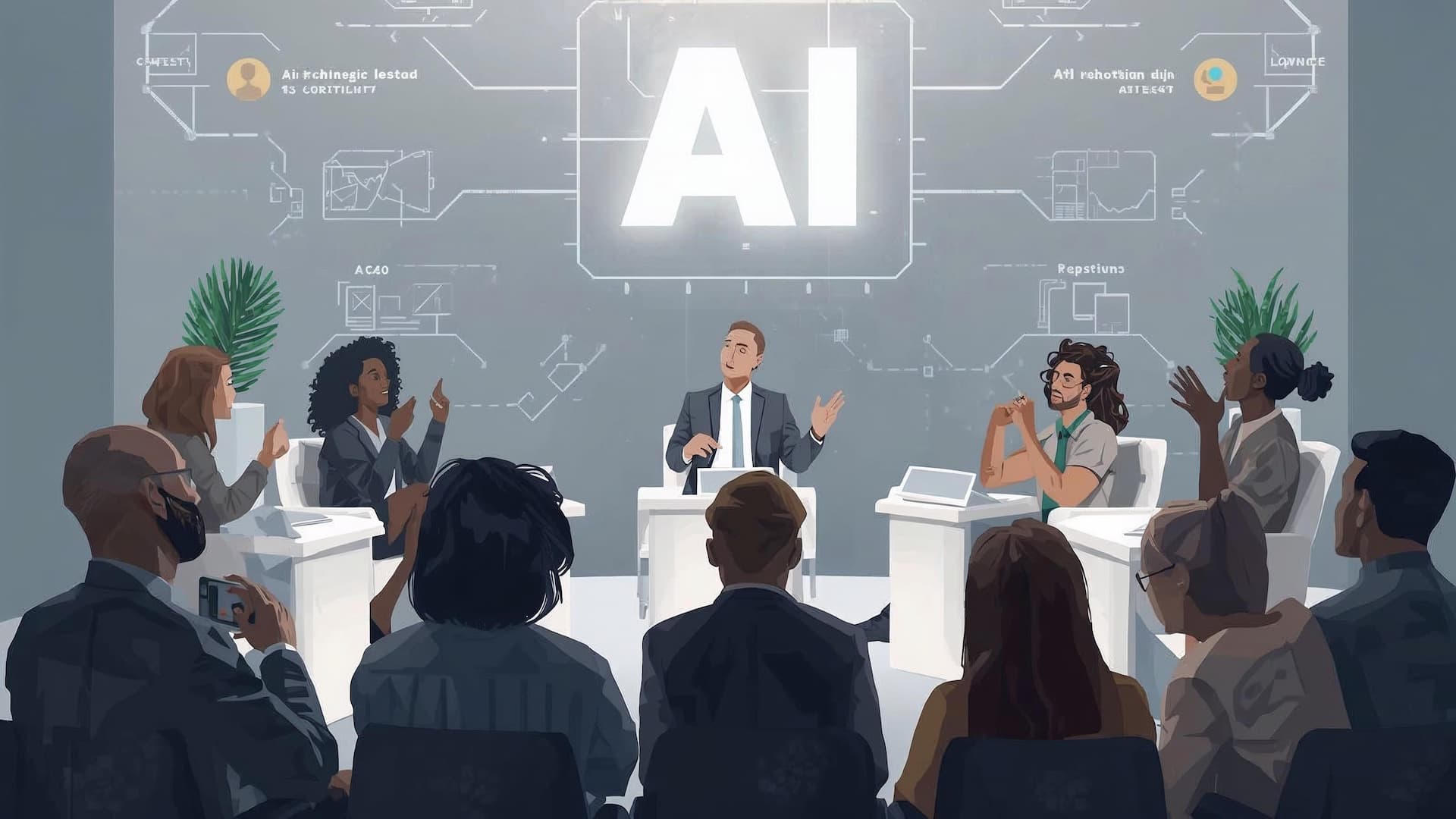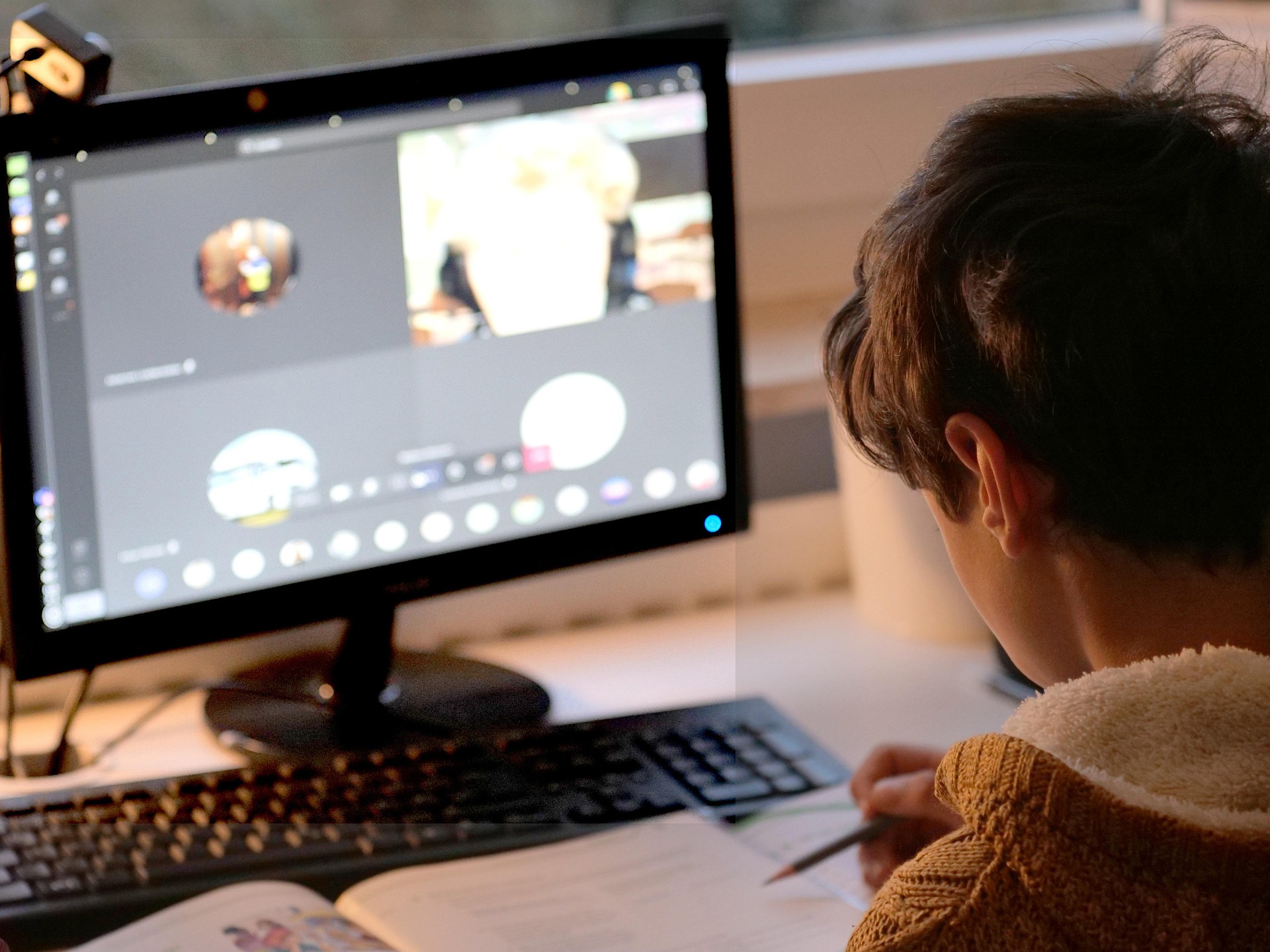Florida Crystals, a diversified agribusiness serving sugar, sweeteners, bioenergy and agriculture markets, has adopted an AI-driven process intelligence platform to improve operational performance by linking data across siloed systems and making business processes more transparent and measurable.
The platform captures workflow telemetry, translates it into structured insights and surfaces opportunities for automation and efficiency improvements.
Executives describe how process intelligence helps teams identify bottlenecks in order fulfilment, customer onboarding and production planning, and how it assists in prioritising tasks that deliver measurable value rather than manual administrative work.
Using AI to analyse process data also supports root-cause analysis and predictive problem-solving, enabling managers to intervene before minor issues escalate.
The implementation underscores a shift from traditional reporting and human-intensive analysis toward AI-augmented operational decision-making, where data-centric process insights guide resourcing, exceptions handling and performance optimisation.
Rather than replacing staff, leaders emphasise that the technology is intended to augment human capabilities, allowing employees to focus on strategic decision-making while routine patterns are automated or re-engineered.
Florida Crystals’ approach reflects broader enterprise trends where intelligent data platforms, process mining and machine learning combine to support digital transformation efforts across supply chain, customer service and production functions.
Would you like to learn more about AI, tech and digital diplomacy? If so, ask our Diplo chatbot!










